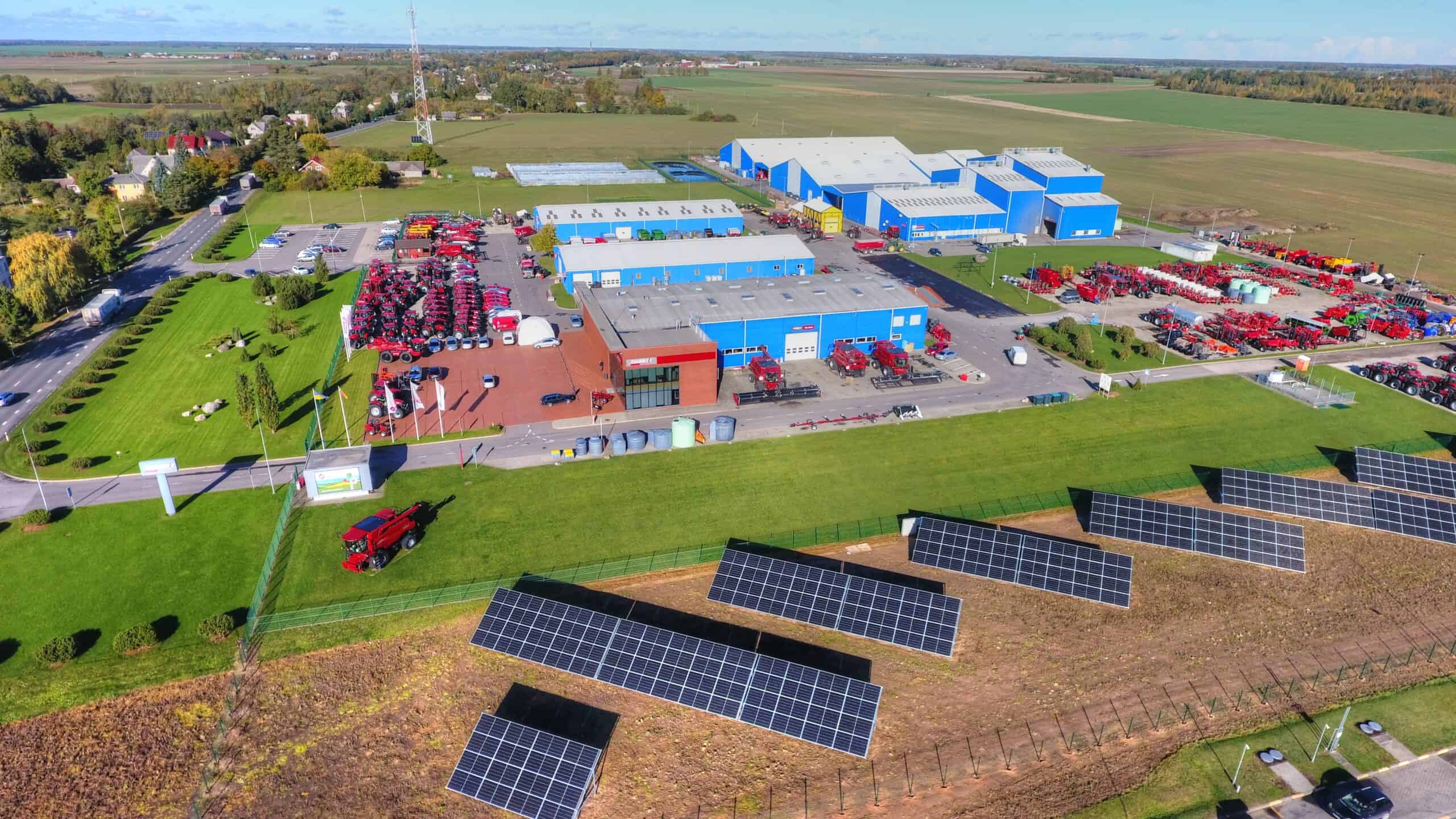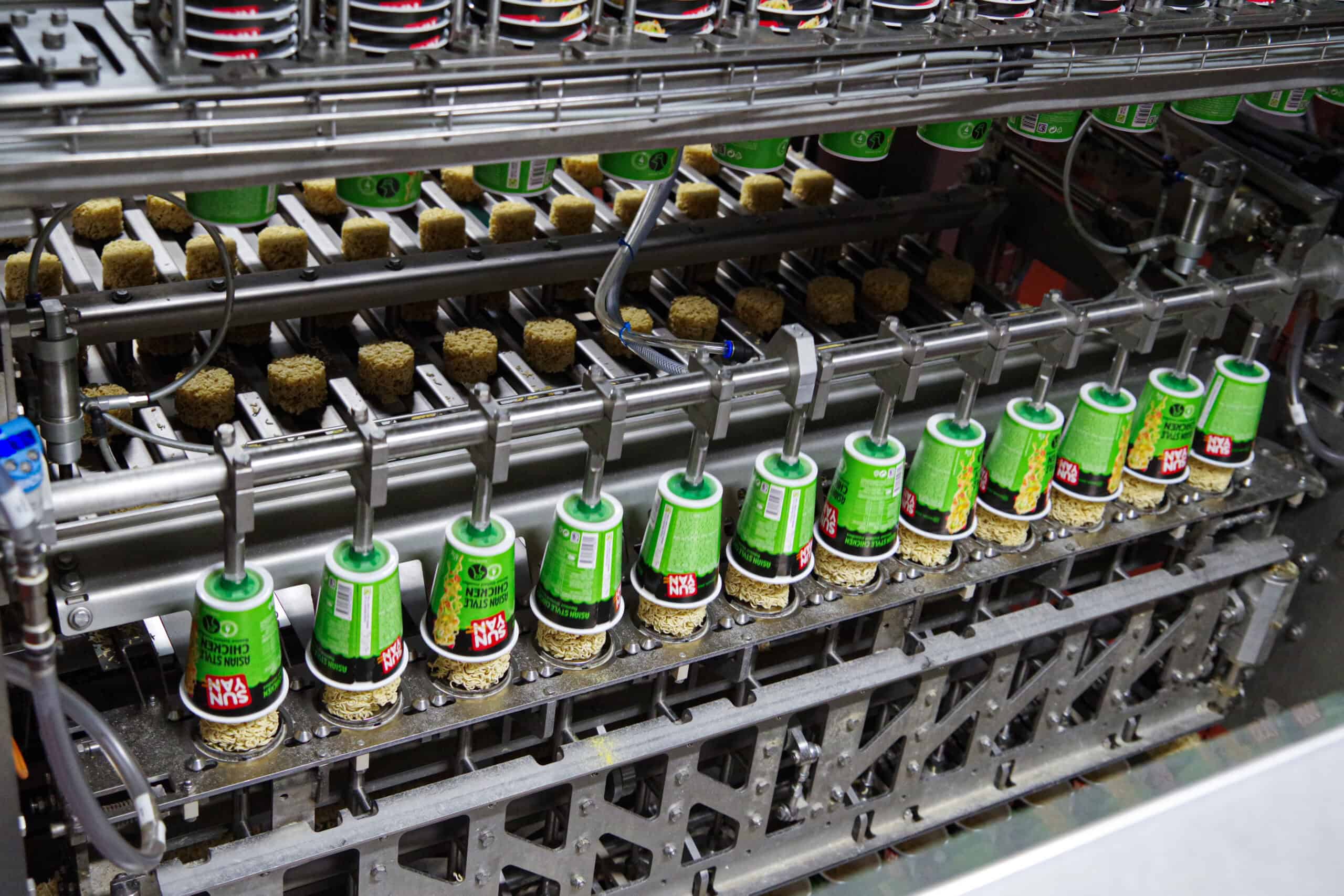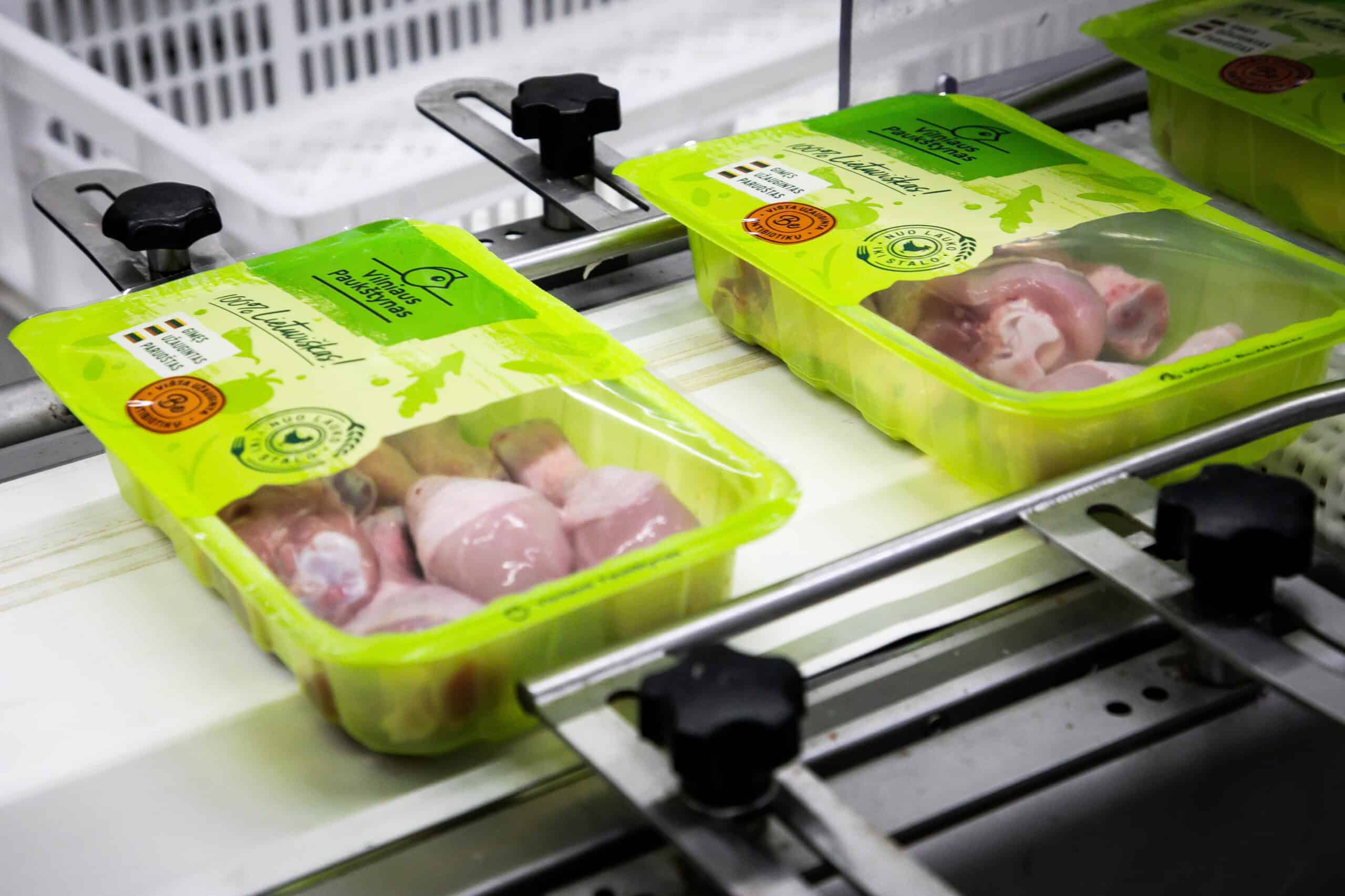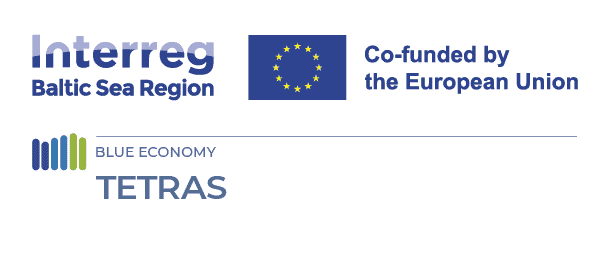
Meet our Partners: Akola Group
14 May 2024
Ten partners from five different countries collaborate in the TETRAS project with the common goal of improving the economic and environmental sustainability of Recirculating Aquaculture Systems (RAS) in the Baltic Sea Region. TETRAS mission? To develop tools and standards to assess and monitor RAS and promote investment, implementation, and expansion of these production systems.
Today, let’s delve into the insights of AB Akola Group.
Company/Organisation: AB Akola Group
Country: Lithuania
Interviewee(s): Matas Zubas
Website: https://www.linasagrogroup.lt/en/
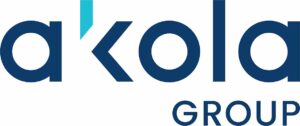
At the forefront of agricultural and food production in the Baltic States stands AB Akola Group, an industry leader dedicated to unlocking the full potential of the agriculture and food sector. Established 32 years ago, the company’s name, Akola, embodies its commitment to “Authentic Knowledge of the Land’s Alphabet.” Since its inception, previously known as Linas Agro Group, AB Akola Group has evolved into the largest consortium of agricultural and food production in the region, boasting 69 subsidiaries, 2 associated companies, and a workforce of nearly 5.000 individuals. Listed on the Nasdaq Vilnius main list since February 17, 2010, the group’s operations encompass the entire food production chain, from farm to fork. Their diverse portfolio includes cereals, oilseeds, feed, milk, poultry and poultry products, flour and flour products, convenience food, pet food, veterinary pharmaceuticals, and agricultural supplies.
As a pivotal exporter of Lithuanian grain, AB Akola Group maintains a robust network of modern grain storage facilities spanning Lithuania and Latvia. Additionally, the company is a key player in poultry and dairy production, renowned for its top poultry brands and efficient dairy farms. Striving for excellence, the group offers farmers certified seeds, fertilizers, plant care products, and agricultural machinery, integrating advanced grain processing and dairy farming complexes alongside smart farming technologies. Notably, AB Akola Group leads the Baltic market in instant foods, reflecting its dedication to innovation and consumer satisfaction.
Beyond its core operations, AB Akola Group actively seeks investment opportunities in ventures aligned with its core values and strategic objectives. Recent investments include a sustainable seed factory in Latvia, an ambitious bubble tea start-up in Lithuania and a promising UK-based Lithuanian-owned functional drink company, exemplifying the company’s commitment to fostering innovation and growth across various sectors.
When it comes to aquaculture, AB Akola Group is already exploring research initiatives to understand the sector’s potential and its implications for local economies and the environment. Their interest in aquaculture, particularly in Recirculating Aquaculture Systems (RAS), is driven by a belief in the importance of sustainable protein sources for the future. Recognizing aquaculture as a promising solution to meet the growing global demand for protein sustainably, the company views RAS technology as potentially transformative for the industry. By recycling water and minimizing waste, RAS offers a more sustainable and environmentally friendly approach to fish and seafood farming. However, AB Akola Group acknowledges that significant research and developments are needed to optimize RAS technology’s economic viability and production efficiency. Their focus on exploring RAS and sustainable aquaculture aligns seamlessly with their broader commitment to uphold innovation and sustainability in the food and agriculture sectors.
Now, let’s dive into a conversation with AB Akola Group to gain deeper insights into their role and contributions to the TETRAS project.
Akola as part of the TETRAS project
What was your motivation to join TETRAS?
Akola’s decision to join the TETRAS project reflects its overarching commitment to sustainability and innovation within the agricultural and food production sectors. With its involvement in research initiatives in the Baltic aquaculture sector and keen interest in pioneering technologies like Recirculating Aquaculture Systems (RAS), joining TETRAS was a strategic choice. The project, renowned for its emphasis on enhancing sustainability, technological innovation, and the economic viability of aquaculture practices, offered an ideal platform for Akola to both contribute to and benefit from progressive research and development endeavours.
Can you describe your involvement in the project? What are your primary objectives within the project?
Akola’s participation in the TETRAS project as a project partner highlights its strategic commitment to sustainability and innovation within the aquaculture sector. The company’s primary objectives within the project are twofold: first, to develop comprehensive feasibility studies and a business plan for a large-scale Recirculating Aquaculture System (RAS) facility dedicated to shrimp cultivation; and second, to collaborate on a pilot (Pilot 2) that explores the potential and feasibility of utilizing geothermal water as a heat and mineral source for growing shrimp in a RAS system.
How do you plan to leverage the knowledge and resources provided by the project and its partners to support your entry into the aquaculture industry?
We plan to complement our own research initiatives within the aquaculture sector. This collaboration will provide us a clearer perspective on the potential of aquaculture, particularly in terms of its economic feasibility, environmental impacts, and sustainability practices. By incorporating these insights and technologies into our strategy, we aim to support our future decisions concerning on the topics of the aquaculture industry.
In the region, trout and salmon are typically the species cultured in RAS. What motivated your interest in working with warm-water shrimp? Are there other species that you are considering?
Our interest in potentially working with warm-water shrimp stems from recognizing its significant role as a protein source with substantial global consumption rates. However, our interest isn’t limited to warm-water shrimp, and we are open to exploring other species as well. The current production methods for warm-water shrimp, primarily pond aquaculture, raise sustainability and environmental concerns due to their often-unsustainable or sometimes very harmful practices. At Akola, we value the opportunity to contribute to a more sustainable aquaculture approach. By focusing on warm-water shrimp grown in RAS, our aim is to address and mitigate the environmental impact associated with their production, aligning with our commitment to sustainable practices and the exploration of environmentally friendly aquaculture solutions.
How do you envision the RAS sector in the Baltic Sea Region evolving over the next 5 to 10 years?
In the coming 5 to 10 years, we anticipate significant growth and transformation within the RAS sector in the Baltic Sea Region. While RAS technology holds great promise, it currently requires substantial research, development, and species-specific testing to achieve economic feasibility and technological reliability. However, we expect to see more and more dedicated efforts in these areas, resulting in advancements that address these challenges. This period is likely to witness increased investment in RAS facilities, driven by a growing recognition of their environmental benefits and the rising demand for sustainable protein sources. As technological enhancements make RAS more viable and cost-effective, we predict a diversification of cultured species using this method. This expansion may extend beyond the traditional focus on trout and salmon to include warm-water species and others adapted to RAS conditions. Ultimately, the Baltic Sea Region has the potential to emerge as a leading hub for RAS innovation, contributing to the advancement of more sustainable aquaculture practices worldwide.
What are the main challenges you see with implementing recirculating aquaculture in the region?
Implementing RAS in our region presents several challenges. These include achieving economic viability due to high initial and operational costs, ensuring the reliability of evolving RAS technology, managing the substantial energy consumption required for system operations, navigating complex regulatory requirements, addressing knowledge and skill gaps in the workforce, and overcoming public perception and market acceptance issues. Overcoming these challenges is essential for the successful adoption and growth of sustainable RAS practices. It will require focused efforts in research, development, and education to unlock the full potential of RAS in promoting sustainable aquaculture development.
What do you hope to achieve by being part of TETRAS?
Our goal in joining TETRAS is to contribute to the advancement of RAS technology, hopefully nudging it towards becoming more economically viable and reliable while promoting sustainable aquaculture practices. We aim to develop a business plan for a large-scale RAS facility focused on sustainable shrimp cultivation. Through this, we hope to explore the economic and environmental benefits, such as reduced water usage and minimal ecological impact. Our involvement seeks to foster innovation, share knowledge within the aquaculture sector, and emphasize the importance of sustainable protein sources.
Stay tuned for more information about Kola Group’s work as part of the TETRAS, as well as to learn more about our partners.






